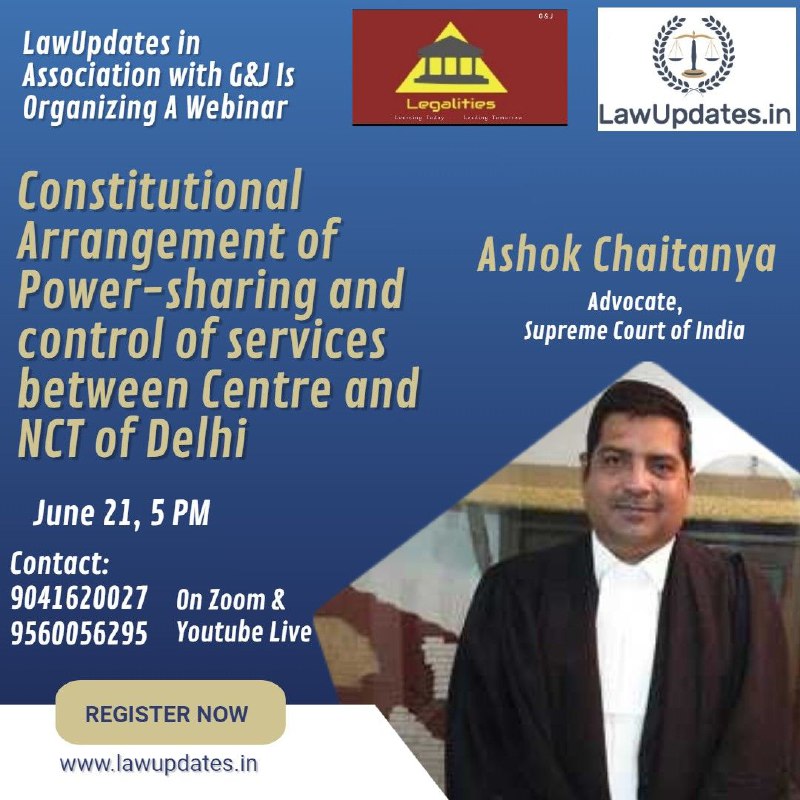The Supreme Court on Tuesday ruled that the liability of a murder accused will not be diminished merely because the death of the victim occurred after a considerable lapse of time from when he suffered injuries due to the acts of the accused [Prasad Pradhan and Another v. State of Chhattisgarh].
A division bench of Justices Krishna Murari and S Ravindra Bhat opined that there can be no stereotypical assumption or formula to conclude that it is a case of culpable homicide not amounting to murder only because the death occurred after a lapse of some time after incurring injuries.
“Every case has its unique fact situation. However, what is important is the nature of injury, and whether it is sufficient in the ordinary course to lead to death,” the Court added.
In the case before the Court, the deceased had passed away about twenty days after an altercation with three men accused of having attacked him with axes.
The Chhattisgarh High Court had earlier confirmed the conviction of the appellants for murder, prompting two of the accused-convicts to move the Supreme Court in appeal.
By way of background, the appellants had attacked the deceased after he tried to level disputed land with a JCB on 28, February 2012. On March 22, the deceased passed away, in view of which a criminal case was registered against the appellants by the wife of the deceased.
Among other contentions, the appellants contended before the Supreme Court that the death of the deceased took place after about twenty days from the alleged incident and because of complications in surgery. As such, the appellants argued that their alleged acts were not the cause of the death.
In other words, even if the prosecution could prove the attack by the appellants on the deceased, the cause of death was neither immediate nor a direct result of the attack, the appellants argued. As such, the appellants cannot be convicted of murder, the top Court was told. Rather, the appellants could, at best, be convicted for culpable homicide not amounting to murder under Section 304 of the Indian Penal Code (IPC), it was contended.
The Supreme Court, however, rejected this stance, noting that there are several judgments which “emphasize that such a lapse of time, would not per se constitute a determinative factor as to diminish the offender’s liability from the offence of murder to that of culpable homicide not amounting to murder.”
“In Om Parkash v. State of Punjab, the death occurred 13 days after the attack; the accused was convicted of murder. Similarly, in Patel Hiralal Joitaram v. State of Gujarat, the death occurred a fortnight after the attack, and in Sudershan Kumar (supra), the death occurred 12 days after the attack”, the bench recounted.
The Court went on to point out that the doctor who conducted the post-mortem, in this case, “clearly deposed that death was caused due to cardio respiratory failures, as a result of the injuries inflicted upon the deceased.”
As such, the injuries inflicted by the appellants and the death of the deceased were closely and directly linked, the Court said.
The bench also rejected questions raised by the appellants over the credibility of the witnesses, which included the daughter of the deceased, on account of their being related to the deceased. Moreover, it was also noted that no explanation was given by the appellants as to why the witnesses would depose falsely.
“This court is of the opinion that the circumstance that most of the witnesses were related to the deceased does not per se exclude their testimony. The test of credibility or reliability when applied, is fully satisfied in respect of the strength of their testimonies”, the Court concluded.
The Court further observed that there was no scope to plead that the death was caused unintentionally on account of a ‘sudden quarrel’ as claimed by the appellants. The appellants were armed with axes, which indicated their pre-mediated intent to harm the deceased, the Court noted.
“The appellants, who were in the adjacent property, climbed the wall, entered the deceased’s house, and attacked him with axes. These facts do not constitute a “sudden quarrel”, given that the appellants abused the deceased, in an unprovoked manner, and then they went to where he was, armed with axes, and assaulted him”, the judgment stated.
In view of these observations, the Court upheld the conviction and sentence of the appellants for murder.
Source Link




